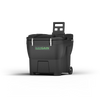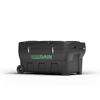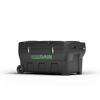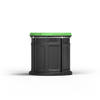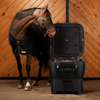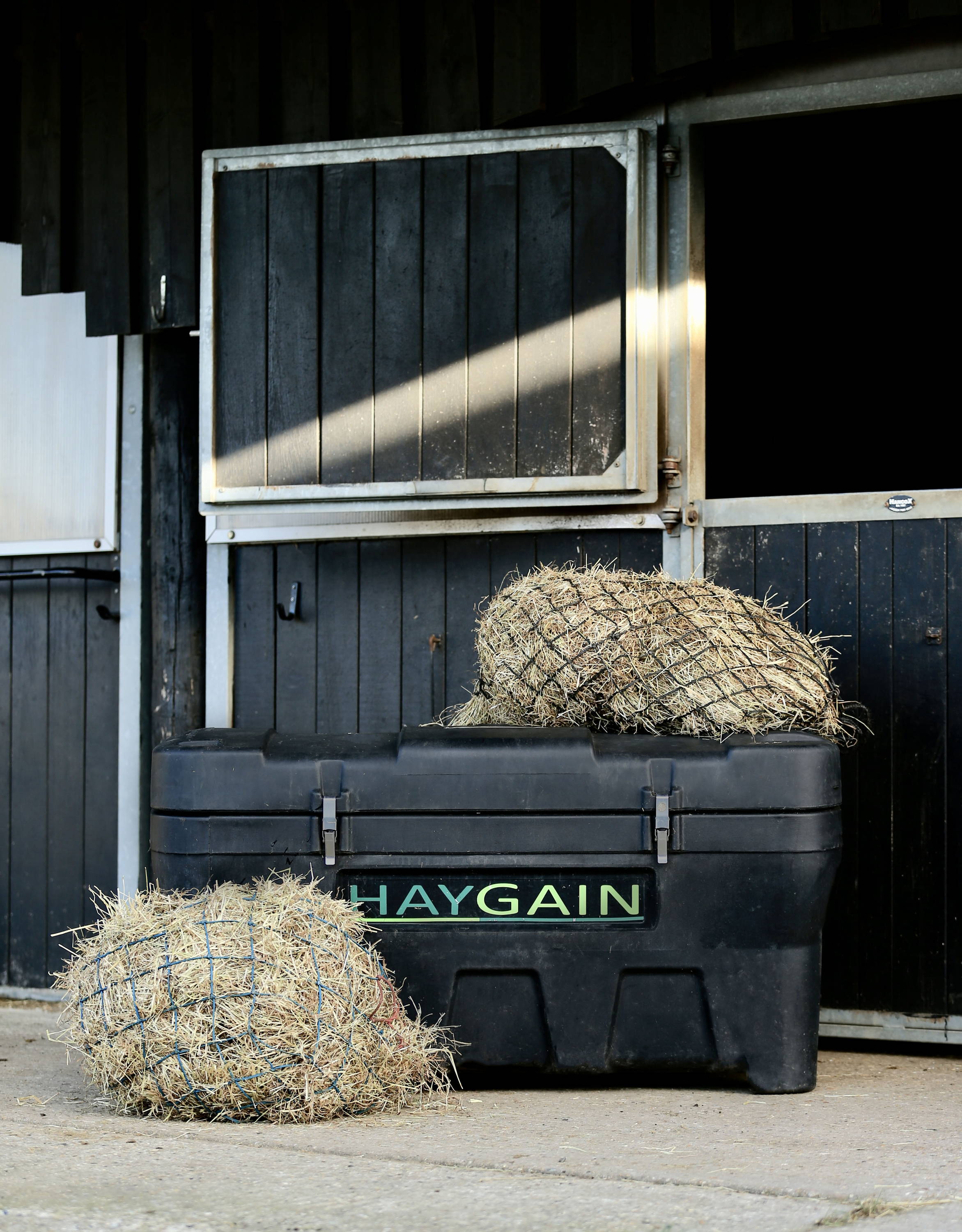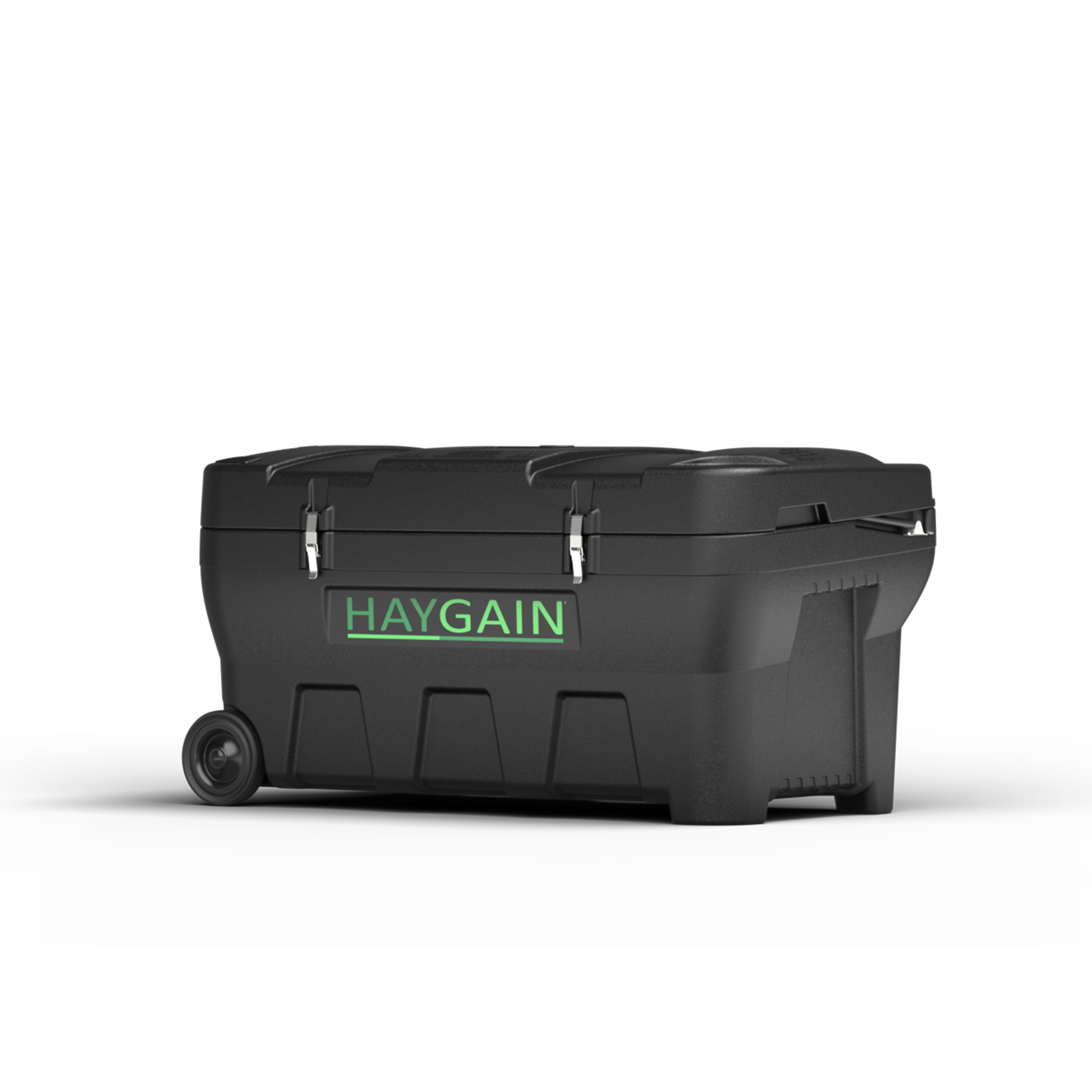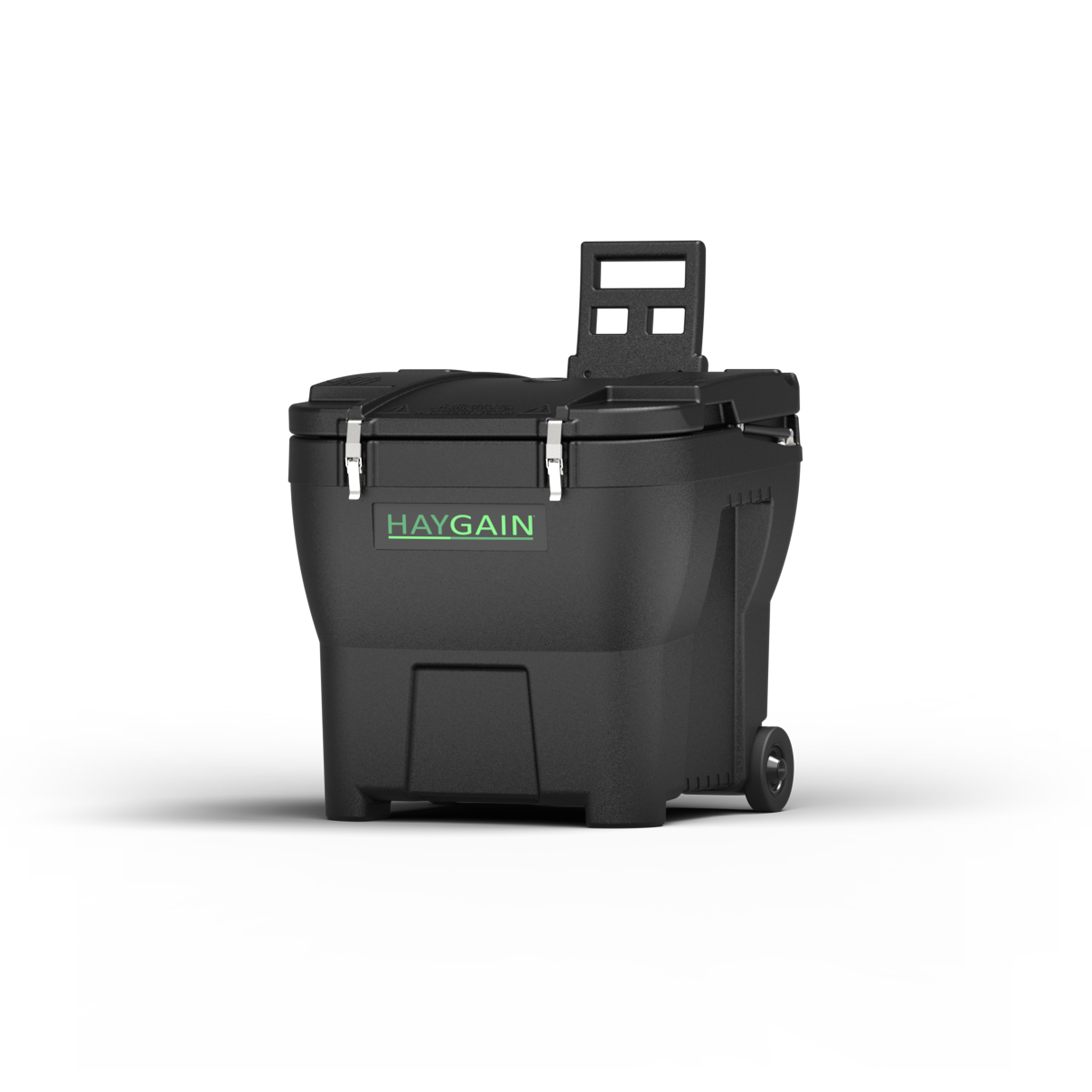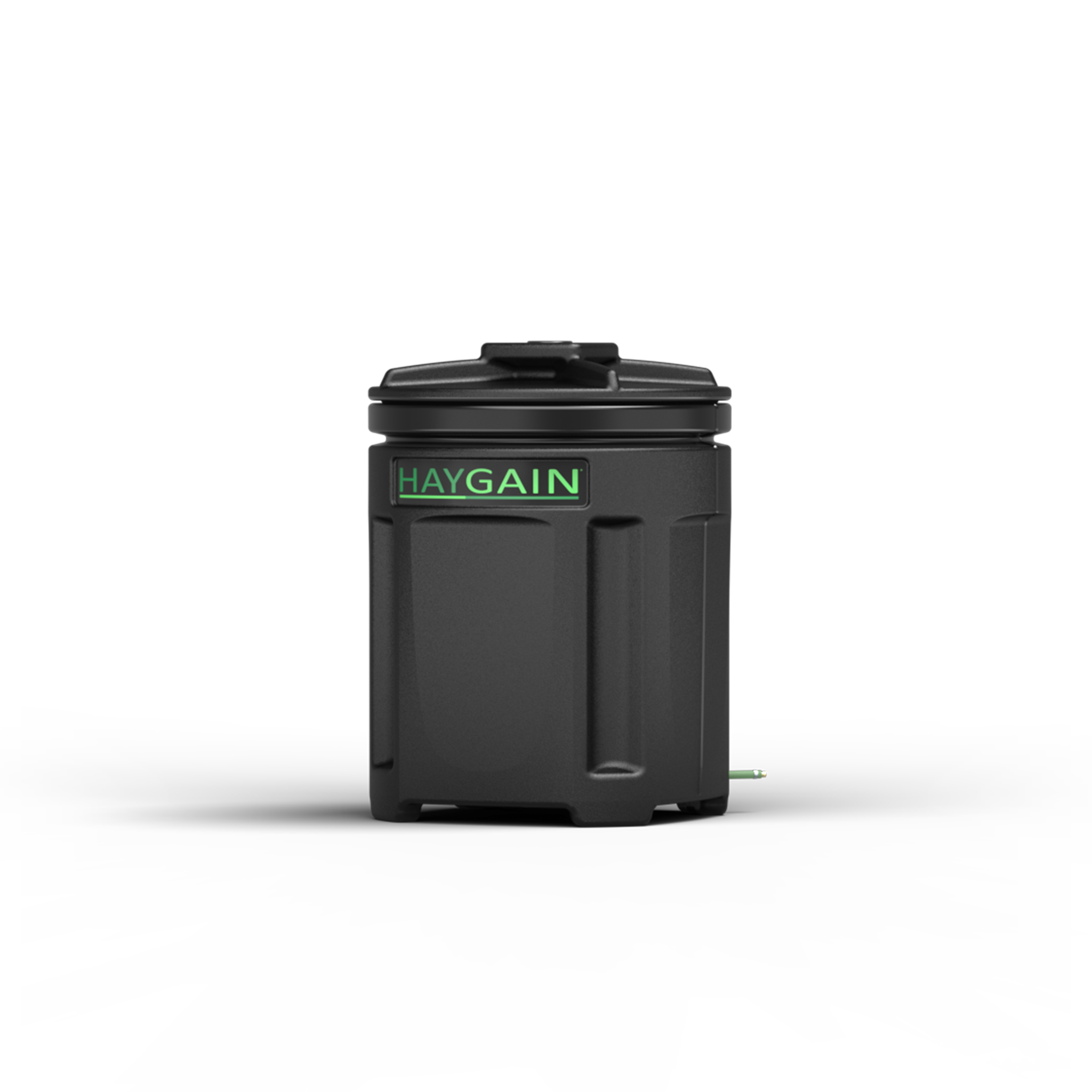“Inappropriate diets!”
That was Equine Scientist Meriel Moore-Colyer’s immediate answer when asked about her biggest pet peeve in a recent This Business of Horses podcast.
“Everyone says, ‘I know how to feed my horse,’” Meriel noted. “But, actually, I wish more people would realize they may not know as much about this as they should. I wish that owners would put nutrition as high on their list of priorities as training, riding lessons, competitions, etc.”
Toward that end, here’s some basics on what our horses need to eat.
As grazing animals, horses have digestive systems designed to eat small quantities and a wide variety of long-stemmed forage over several hours of the day. In the wild before they were domesticated, horses were ready to race away from predators on a heartbeat’s notice. That’s hard to do when weighted down by a big quantity of food sitting in their tummy.
From the chewing to passing manure, the equine digestive process is meant to be in motion throughout the day, with forage digested and its nutrients absorbed gradually along the way.
Many of today’s horses don’t get that chance.
Changing physical and energy demands on horses have led some owners away from all-forage diet. Starch and grain-rich concentrated feeds have been embraced as ways to fulfil the energy needs for high level sport and work.
There are legitimate reasons for supplementing forage based on the horse’s nutrient needs, but the first step is understanding horses’ general nutritional needs, then the specific needs of our own horse. There is growing acknowledgement that a forage-only diet is sufficient in many cases, and long-standing consensus that forage should be the foundation for almost any horse’s diet.
Determining our horse’s specific nutrient needs is not a simple endeavour. Even a very knowledgeable horse owner is best consulting with their veterinarians and/or an equine nutritionist for help.
Ideally, a hay analysis helps us determine how much of each nutrient the forage portion of our horse’s diet is providing. Some generalities can be made about nutrients in specific types of hay, but there, too, variables abound – based on location and time of harvest, what stage of life the hay is in and characteristics of the soil in which it was grown. It’s ideal to buy large quantities of hay and have several samples sent for analysis. Then you can determine what supplemental feeds or nutrients, and how much of each, are needed to meet your horse’s nutritional requirements.
Creating a diet without knowledge of what our horse needs and what’s in the forage he’s getting can be dangerous. Many concentrates have higher starch and sugar contents that have been linked to obesity, a condition described as an “epidemic” by many veterinarians. And ulcers and behaviour issues can also be associated to the inappropriate use of these feeds.
What Horses Need
Horses need six types of nutrients in their diet: carbohydrates, fats, proteins, vitamins, minerals and water.
How much they need of each depends on many factors, including their life stage, work level and breed. An equine athlete, work horse or a lactating mare, for example, need lots of energy, which comes from carbohydrates and fats.
Carbohydrates are a complicated topic in the horse world. Along with energy, they also provide fibre, a component that’s critical to the equine digestive process.
Structural carbohydrates are found in forage and are digested in the hind gut. Non-structural carbohydrates are “simple sugars” used only for energy, not for structure. These NSCs are found in all plants, including forage, and are especially high in the corn, oats and barley typically found in concentrated feeds. Non-structural carbohydrates are digested in the horse’s foregut (intestine).
A low-carb diet is not really an option for horses, because their whole diet is plant based and all plants have carbohydrates. In healthy horses of healthy weight, NSCs are a good source of energy. In those with laminitis, metabolic conditions or prone to overweight, a diet that’s low in non-structural carbohydrates is very important.
Fats: Fats provide roughly three times as much energy as carbohydrates. They can help produce a shiny coat and add calories for a horse that needs to gain weight.
Proteins: In addition to helping build muscle, protein plays a role in the body’s physiological communication, structure, delivery of nutrients in the blood, and buffering acidity levels.
Proteins include “essential amino acids” that horses need to get from their diet – their bodies don’t make these. Different types of hay provide different quantities of protein. As a general rule, legume hays (including alfalfa) have more protein than grass hays, like orchard grass or Bermuda. The quantity in all types of hay varies by life stage of the hay when harvested.
Vitamin & Minerals: Both are essential to our horse’s health, and each vitamin and mineral support different aspects of physiological function.
Water: Horses bodies are about 60-to-70% water and they need lots of it to function. Six to 10-gallons a day of water is the ballpark requirement. More if the horse is in heavy work, it’s hot outside or it’s a mare with a nursing foal.
Forage as a Foundation
o Most forage is relatively low in starch.
o Long stemmed forage facilitates horses’ need to eat for several hours of the day – at least 12 hours a day is the general recommendation.
o Eating for long periods ensures a steady stream of saliva. Produced only by chewing, saliva helps neutralize the digestive acids constantly present in the horse’s stomach.
o Eating for longer periods reduces food-scarcity stress and boredom behaviors.
o The fiber in forage can help horses burn more fat in their muscles, causing muscles to create less lactic acid that goes hand in hand with fatigue.
o Horses on fiber-heavy diets typically drink more water.
o Forage heavy diets produce a more stable microbiota environment in the stomach.
